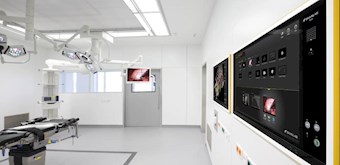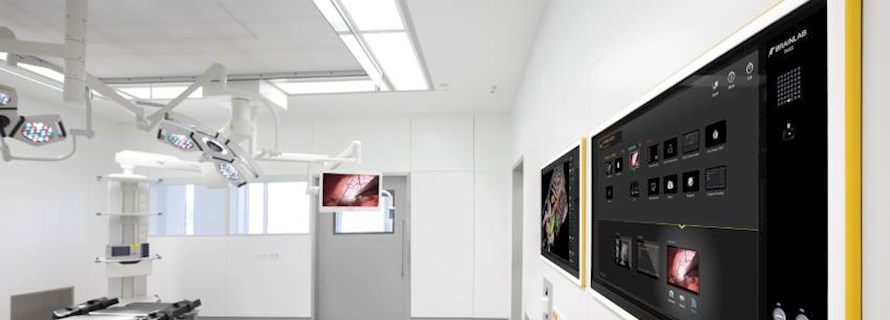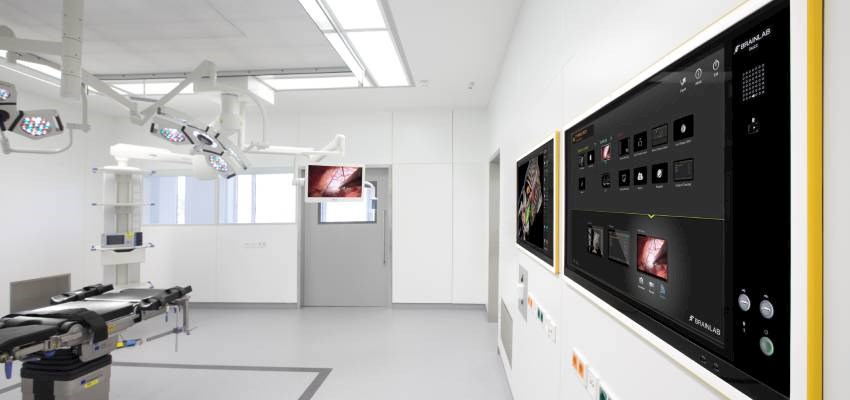Brain tumours
Primary brain tumours
There are two different types of primary brain tumour; non-cancerous (benign) and cancerous (malignant)
Types of brain tumour
Glioma
Meningioma
Craniopharyngioma
Germ cell tumours
Pituitary tumours
Uncertain or unknown brain tumours
Secondary tumours
Tumours grades
An outline of the grading is as follows:
- Grade 1 - Benign tumours, where the cells are only marginally abnormal and tend to grow very slowly
- Grade 2 - Malignant tumours, where the cells appear abnormal in comparison to unaffected brain cells
- Grade 3 - Malignant tumours, where the cells are significantly abnormal in appearance and actively growing
- Grade 4 - Malignant tumours, where the cells are highly abnormal and grow rapidly.
Need to know
-
What are the symptoms of a brain tumour? icon plus
Symptoms of a brain tumour can be caused by the tumour itself or by the impact of pressure caused by swelling in the brain. The tumour’s location, or where the pressure occurs, determines the type of symptoms.
Common symptoms of brain tumours include:
- headaches
- seizures
- drowsiness
- nausea and/or vomiting
- loss of sight or impaired vision
Depending on where the brain tumour occurs you may experience other symptoms.
Whilst there are many other reasons that can cause these symptoms, it is important to seek immediate medical attention if you experience any of the above. -
Diagnosing a brain tumour icon plus
If your consultant suspects a brain tumour, it is important that diagnostic tests are done quickly to determine the cause of your symptoms. If your symptoms are not related to a brain tumour, we can refer you to our other medical services and can provide quick access to the appropriate specialist. Diagnostic tests may include:
- full medical examination
- blood tests with access to advanced pathology laboratories
- CT / PET CT scan
- 3T MR/MRI scan
If these tests diagnose a tumour then a second phase of tests will be carried out to establish the type and grade of the tumour and the appropriate treatment. You may require a biopsy and/or surgery. Throughout this process your consultant will keep you up-to-date with the results of each test, explain the results to you and advise on next steps and treatment plans.
-
Treatment options icon plus
At HCA UK we provide a wide range of specialist and advanced treatments. Your consultant will discuss your diagnosis and treatment options with you in detail and help you make an informed decision about your care. Brain tumours are traditionally treated with surgery, radiotherapy or chemotherapy, depending on the type and location of the tumour. These treatments may be used in isolation or as part of a combined treatment plan:
- combination therapy (chemotherapy and radiotherapy)
- intensity modulated radiation therapy (IMRT)
- immunotherapy
- clinical trials
State-of-the-art intraoperative MRI for neurosurgery
As part of HCA Healthcare UK’s continued investment in the latest medical technology, The Wellington Hospital’s Neurosurgery Centre is now equipped with an intraoperative magnetic resonance imaging (iMRI) scanner and fully integrated digital theatre.
The iMRI scanner allows surgeons to carry out an intraoperative MRI scan of their patient’s brain during their surgery. This gives the surgeon confidence that they have achieved their treatment goal. It also provides our patients with the best possible chance of tumours being removed fully without the need for further surgery.




Our brain tumour specialists




Our locations
From complex oncology and neurosurgery to tests and diagnostic procedures, we provide exceptional care across our network of hospitals, outpatient centres and specialist clinics.
-
HCA UK at University College Hospital
5th floor, UCH Macmillan Cancer Centre
Grafton Way Building, 1 Grafton Way
London WC1E 6AG
-
The London Gamma Knife Centre
Platinum Medical Centre
15 - 17 Lodge Road, St John's Wood
London NW8 7JA
Book an appointment
Our team can help with any enquiries or you can make an appointment with one of our experienced consultants.
Call us today
020 7079 4344